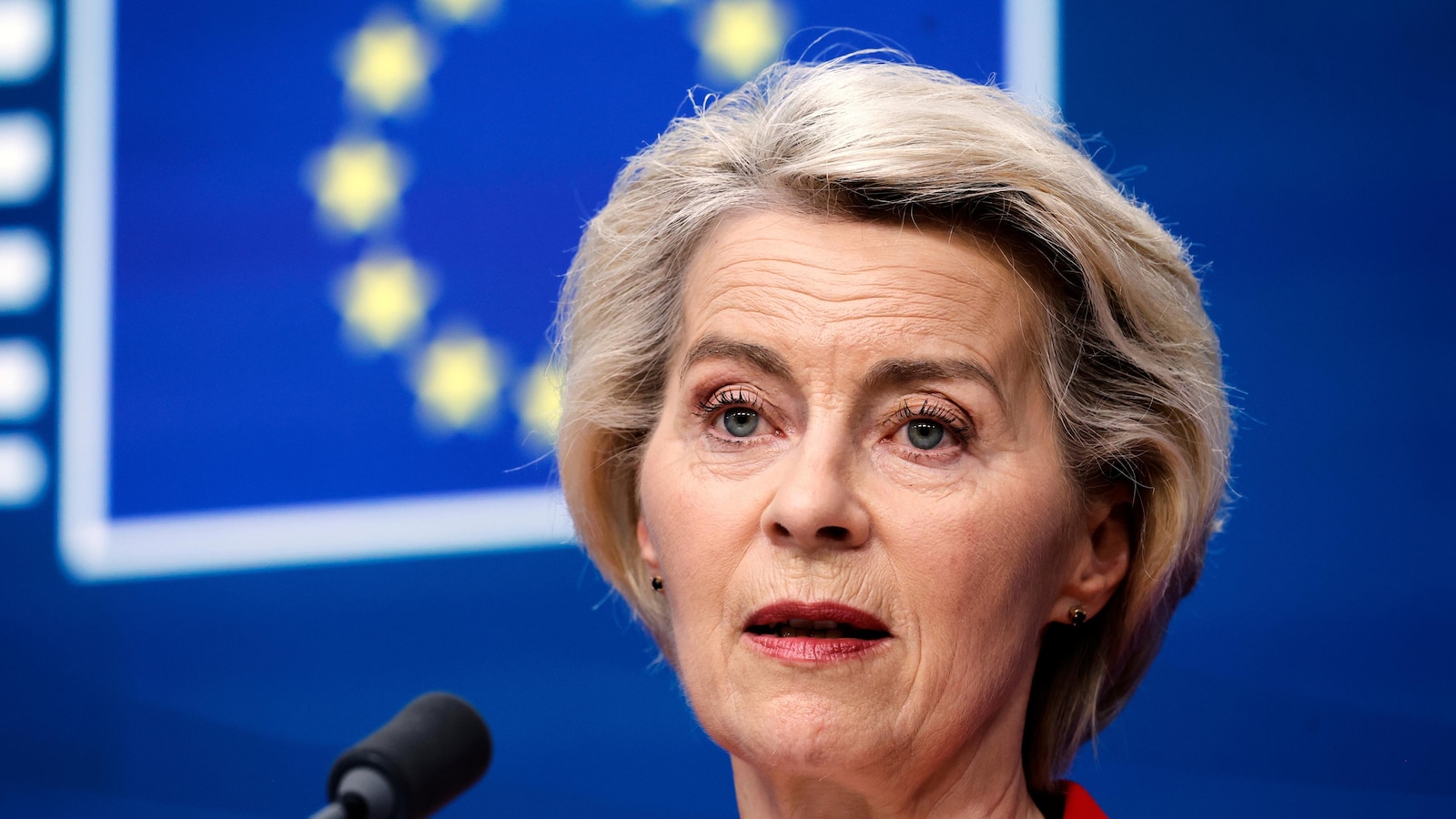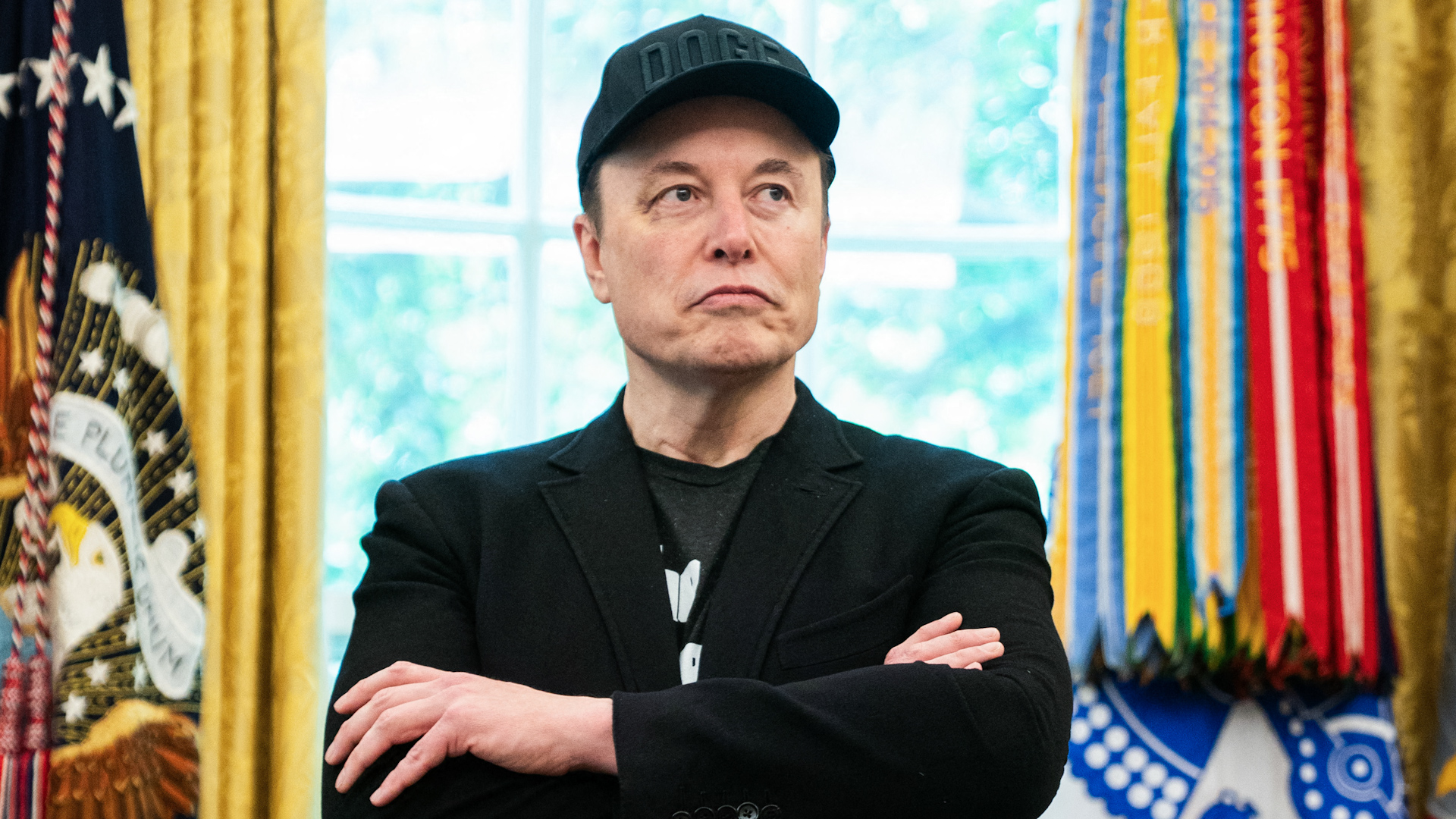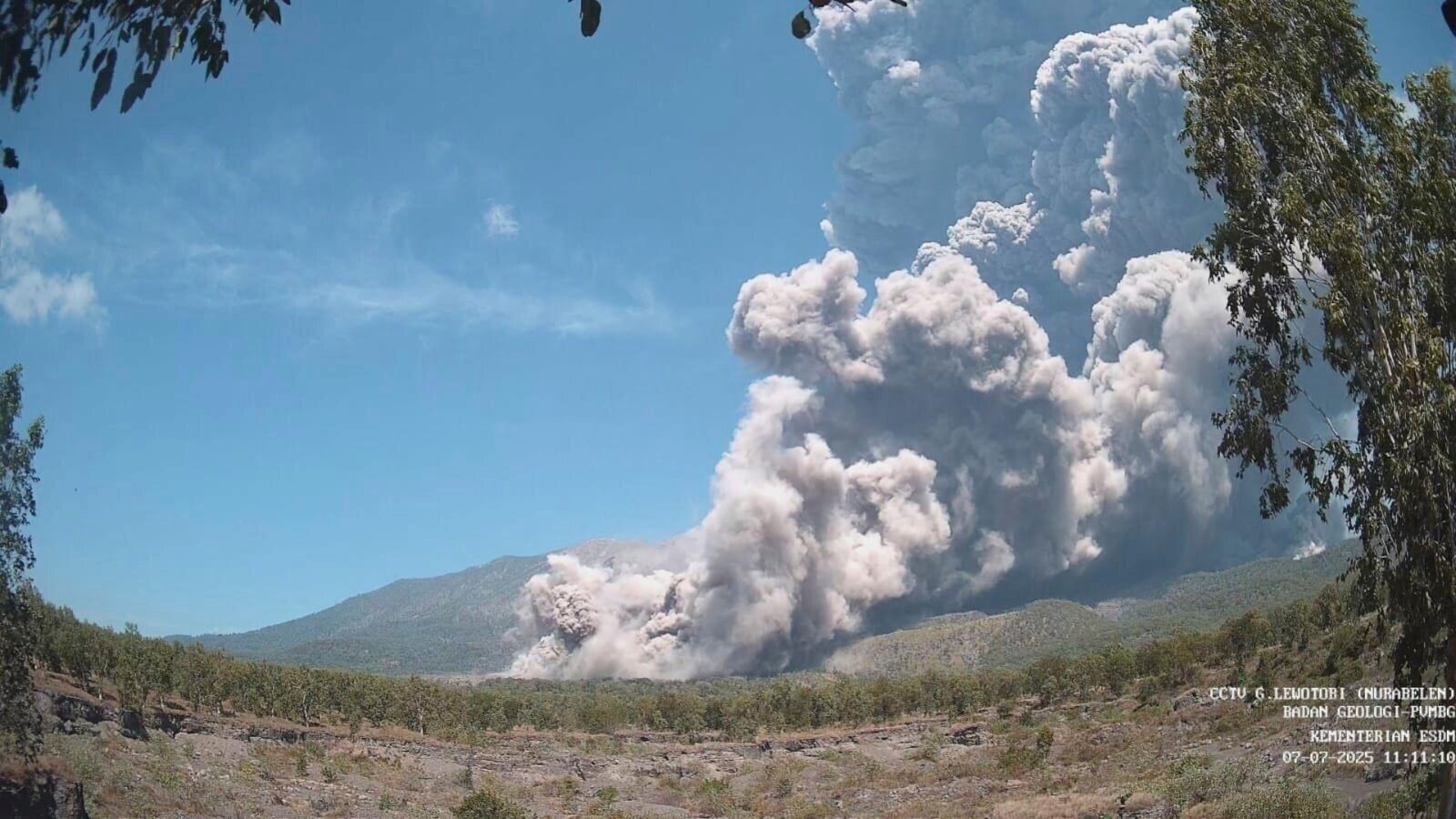US secretary of state says he will not attend talks in South Africa amid spat over land expropriation law.
United States Secretary of State Marco Rubio has said he will skip Group of 20 talks in South Africa amid an escalating spat between Washing and Pretoria over a controversial land expropriation law.
Rubio’s announcement on Wednesday came days after US President Donald Trump threatened to cut aid to South Africa over its passage of legislation allowing the seizure of land without compensation in certain circumstances.
South Africa, which holds the G20 presidency until November 2025, is set to host a meeting of foreign ministers from February 20-21 in Johannesburg.
“South Africa is doing very bad things. Expropriating private property. Using G20 to promote ‘solidarity, equality, & sustainability.’ In other words: DEI and climate change,” Rubio said in a post on X.
“My job is to advance America’s national interests, not waste taxpayer money or coddle anti-Americanism.”
I will NOT attend the G20 summit in Johannesburg.
South Africa is doing very bad things. Expropriating private property. Using G20 to promote “solidarity, equality, & sustainability.” In other words: DEI and climate change.
My job is to advance America’s national interests, not…
— Secretary Marco Rubio (@SecRubio) February 5, 2025
Rubio’s announcement was greeted with dismay by critics of the Trump administration.
“This show of weakness hurts our national security and economy while benefiting China,” Andrew Bates, who served as White House Senior Deputy Press Secretary under the administration of former US President Joe Biden, said in a post on X.
“If you’re not at the table, you’re on the menu.”
Trump on Monday accused the administration of South African President Cyril Ramaphosa of “confiscating land” and mistreating “certain classes of people”, prompting a rebuttal from Pretoria.
Ramaphosa said in a statement that the law was not a “confiscation instrument, but a constitutionally mandated legal process that ensures public access to land in an equitable and just manner as guided by the constitution,” adding that he looked forward to engaging with Trump on land reform and other issues of concern.
Under the law signed by Ramaphos last month, the government may seize land without compensation where it is “just and equitable and in the public interest”, such as in cases where a property is unused.
Ramaphosa and his African National Congress have defended the legislation as necessary to alleviate huge disparities in land ownership stemming from the legacy of the racist system of apartheid.
The Democratic Alliance (DA), South Africa’s main opposition party and a member of the ANC-led national unity government, has opposed the law, warning that it undermines property rights and could scare off foreign investment.
However, the DA, which draws most of its support from white, Indian and Coloured South Africans, has expressed “deep concern” about Trump’s threat to cut aid and said it is a misconception that land can be seized “arbitrarily”.
Land ownership is a sensitive and polarising issue in South Africa due to the history of Black people being forced off their lands and denied access to property.
While Black South Africans make up more than 80 percent of the population, they own just 4 percent of privately owned farmland, according to a government audit conducted in 2017.
White South Africans, who are mostly descended from British and Dutch settlers, hold about three-quarters of the land despite making up a little over 7 percent of the population
Trump’s threat to cut funding to the African country comes as his administration has placed a freeze on nearly all foreign assistance and put most staff of the United States Agency for International Development on administrative leave.
Washington allocated about $440 million in assistance to South Africa in 2023, according to the most recent government data.




Leave a Comment